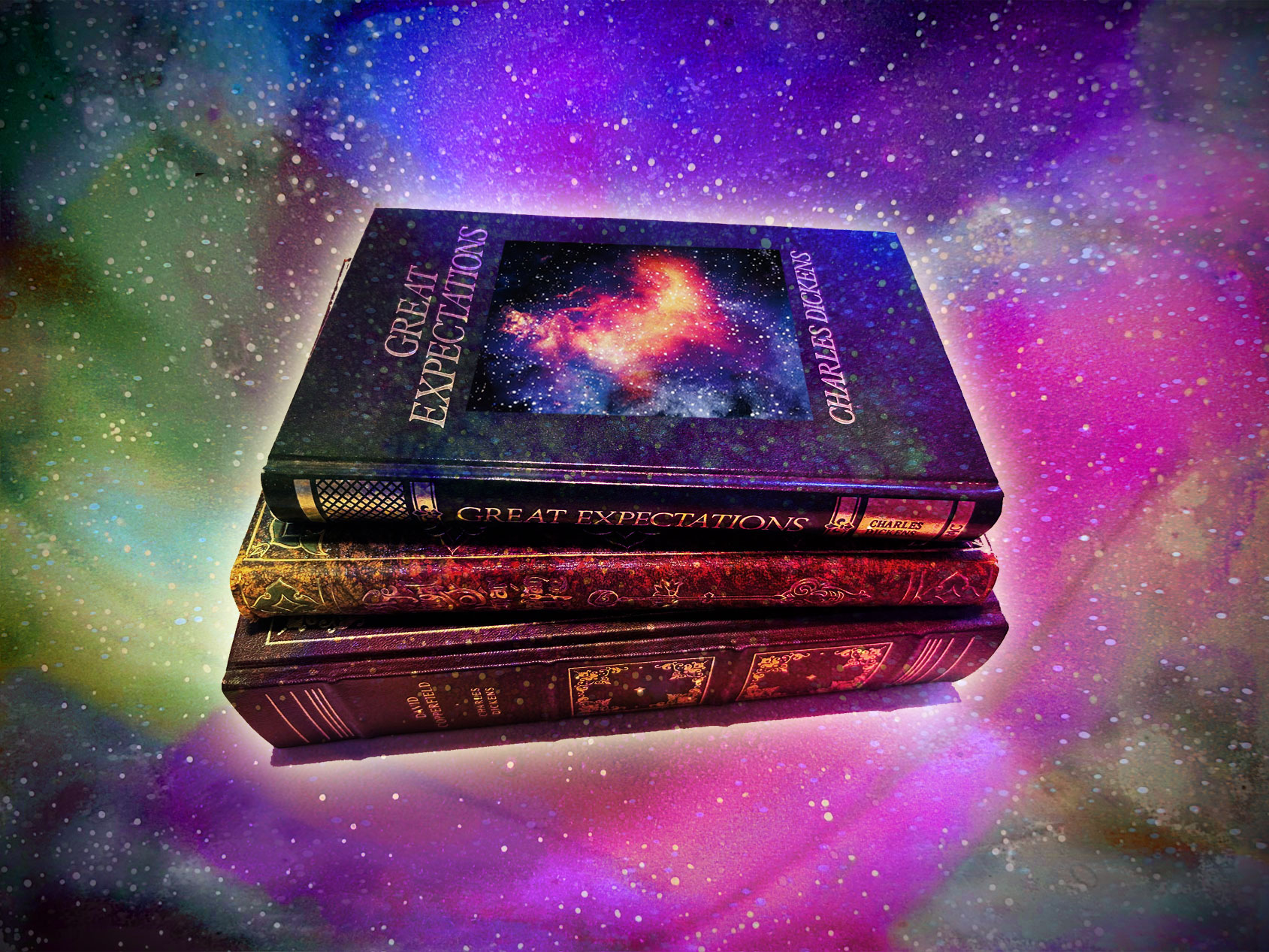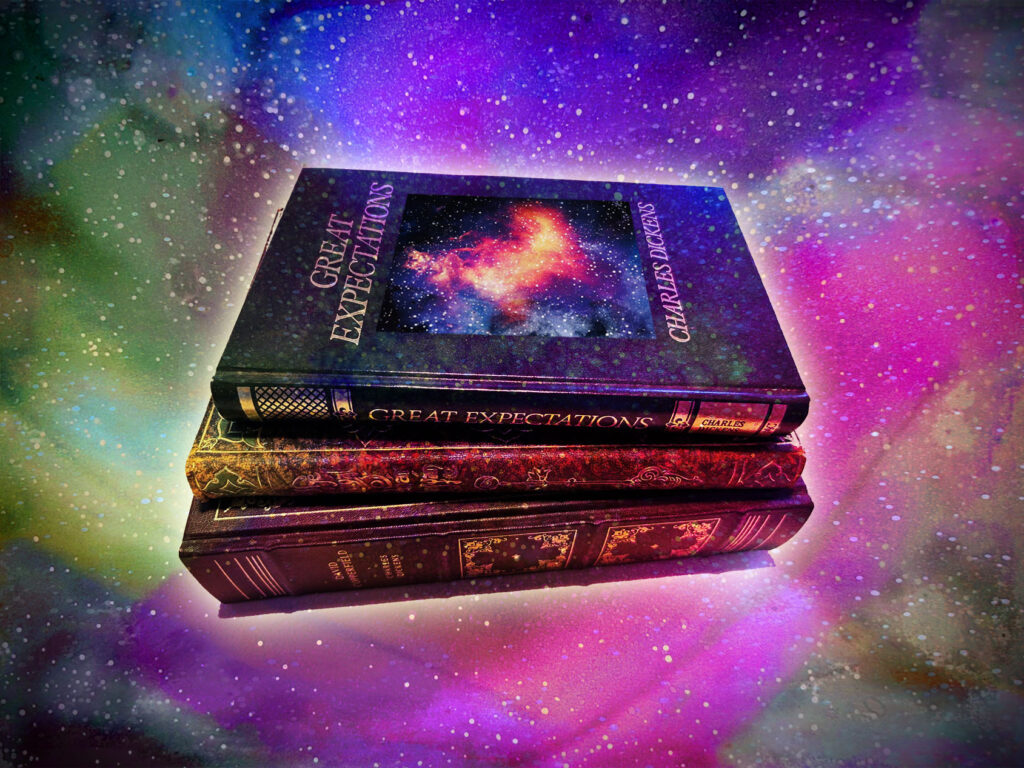Hello Friends!
War and Peace by Leo Tolstoy was published in 1869 and is considered one of the greatest novels of all time. It’s certainly an epic, magnificent work but it’s not everyone’s cup of tea, so I hope you excuse me for posting about it.
There’s been so much conversation about this novel over the last century and a half, and I have nothing new to add, except to say that certain parts of it have stuck with me. I put that down to Tolstoy’s ability to write on multiple levels, creating something so rich that it’s not just a piece of historical fiction. It calls to more inside of us.
Alongside his meticulous storytelling, Tolstoy injects enlightenment into his words. It is sometimes pointed and sometimes tucked into the overarching theme. I wanted to share a section that is pointed. It comes at a time in the novel when, by injecting his own voice into the tale, Tolstoy creates an impact.
In this excerpt, the author philosophises about the causes of war, utilising the Napoleonic invasion of 1812 as the example. It’s quite a lengthy pondering, so I have cut it back to a couple of paragraphs that particularly imprinted on me.
On the twelfth of June, 1812, the forces of Western Europe crossed the Russian frontier and war began, that is, an event took place opposed to human reason and to human nature. Millions of men perpetrated against one another such innumerable crimes, frauds, treacheries, thefts, forgeries, issues of false money, burglaries, incendiarisms, and murders as in whole centuries are not recorded in the annals of all the law courts of the world, but which those who committed them did not at the time regard as being crimes…
…To us it is incomprehensible that millions of Christian men killed and tortured each other either because Napoleon was ambitious or Alexander was firm, or because England’s policy was astute or the Duke of Oldenburg wronged. We cannot grasp what connection such circumstances have with the actual fact of slaughter and violence.
One of the reasons it stuck with me is that Tolstoy describes human absurdity taken to its worst ends; hinting at the hubris of world leaders who would, for some slight to themselves, send millions to war. It could be written now with the same gravity, as though humanity has never grown an inch beyond that hubris.
But enough said by me.
If you want to read the full section, this excerpt is taken from War and Peace Vol 3 – Book 9, Chapter 1. I’m not sure I agree with Tolstoy’s conclusions on the causes of war, but it’s definitely worth a read, even if you never get to reading the entire tome.
With love,
Lisa

